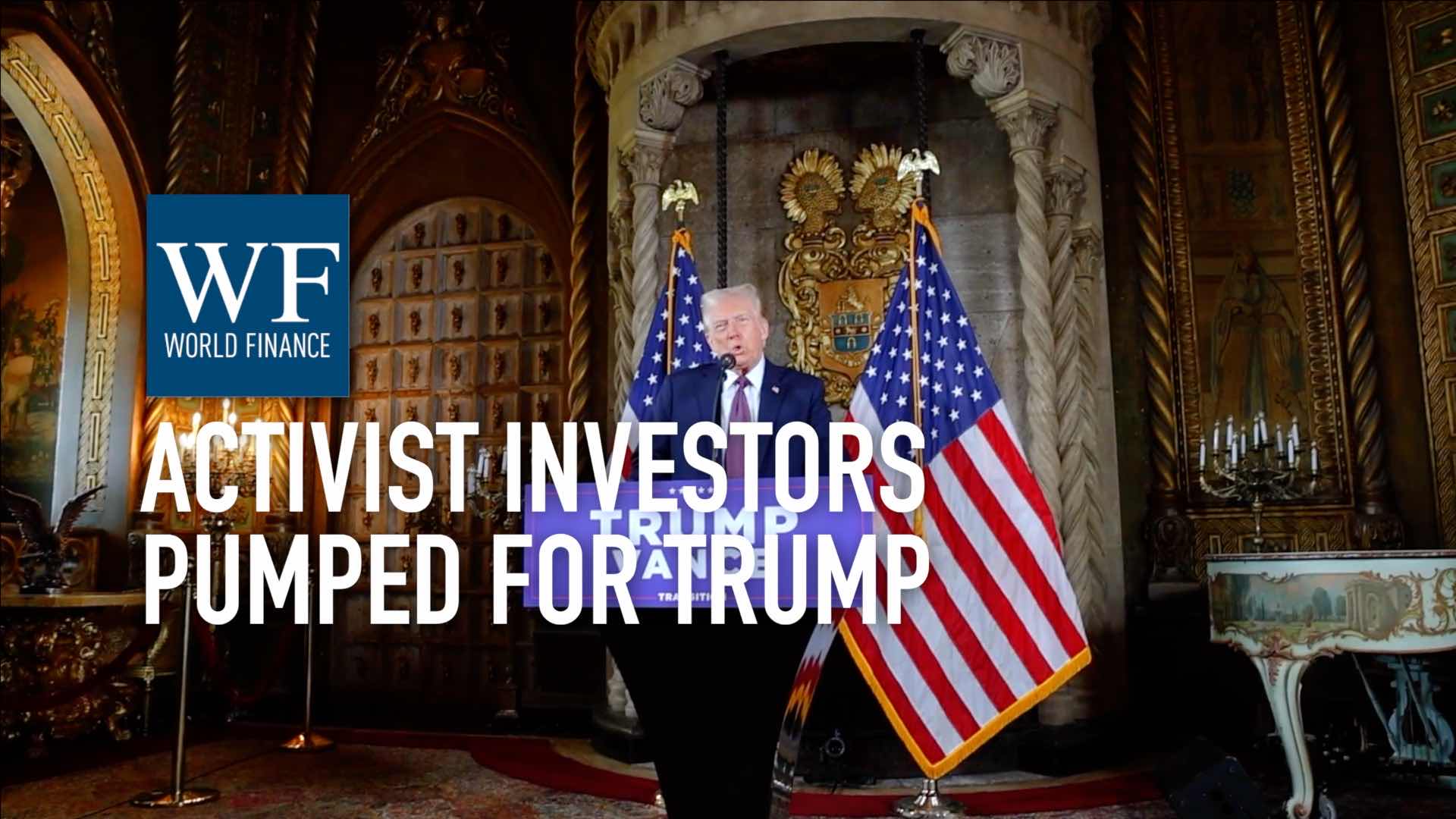Investment One Financial Services on Nigeria’s momentous growth
World Finance speaks to Nicholas Nyamali, Group Managing Director and CEO of Investment One Financial Services, about Nigeria’s economic prospects
Related:
Transcript
After experiencing one of the most dramatic periods of economic growth ever witnessed in Africa, many wonder if Nigeria’s momentum will slow following the 2015 elections. World Finance discusses with Nicholas Nyamali of Investment One Financial Services.
World Finance: Now the maturation of the local investment sector has been something that people have been talking about, all over the world. Do you think that the progress that has been made should be pegged on government support, or has it been something the markets have created for itself?
Nicholas Nyamali: I think it’s a combination of both. The government has done a lot to provide the enabling environment, and the private sector has built on that in introducing some of the products that we currently find in the capital market today.
World Finance: So tell me about some of the most decisive issues that Nigerians are going to be thinking about, as they enter into the polls?
Nicholas Nyamali: I’ll put that in two categories: the general population will be looking out for security, looking out for more jobs, infrastructure improvement.
[T]echnically I see the government going into deficit if they do not find other sources of increasing their revenues
Those in the economic space will be looking for stability in the currency, and ensuring that the government policies, whoever is in government, will continue to drive the progressive policies that have led to the development of the market.
World Finance: The Central Bank of Nigeria says that these elections are not going to deplete its reserves. Now from a GDP perspective, do you think that is indeed going to be the case?
Nicholas Nyamali: The depletion of the reserves will not come from the election. I think the current fall in oil prices, is seen to a fall in reserves in the countries’ currency.
World Finance: Do you think that the political chaos that we are seeing in the country, is also contributing to some of that instability?
Nicholas Nyamali: The political chaos I do no think has been responsible for some of the instability. It’s more economic; the falling oil prices has led to lower FX revenues for the government which has impacted the results of the Central Bank.
World Finance: Now let’s talk about the long-term impact on crude prices.
Nicholas Nyamali: Crude oil prices have been low and recently going from $100 to about $70 a barrel, this will continue for a while. This is impacting government revenues so technically I see the government going into deficit if they do not find other sources of increasing their revenues, because the current expenditure of the government is a bit high.
In terms of the elections, chances are they will continue to spend, to bring out programme policies before the election date, so we may run into a deficit here in terms of government spending.
[I]f we get political stability, currency stability, I think the economy will just go to the second level
World Finance: We know that people will be watching to make sure that these elections are handled properly. If that is the case, if the country is able to transcend political chaos; do you think that that’s going to amp up investor confidence in the country as a whole?
Nicholas Nyamali: I think so. Politics is one, and it has a significant impact in terms of GDP, growth, foreign investment in the country.
The second issue is the stability of the currency, and I think the CBN is trying to address that currently. And if we get political stability, currency stability, I think the economy will just go to the second level.
World Finance: You’re an investment manager: this is your industry, your bread and butter. What do you think the government will need to do, in terms of shoring up more support in the marketplace?
Nicholas Nyamali: I think number one is FX stability. We have currently seen capital flight, because of uncertainty regarding the value of the currency. Once we can ensure that there is FX stability we think that some of the funds that have left the country would come back. And I think that is what the economy currently needs, or the capital market needs today, to ensure it gets back to the boom level that we’ve seen in the past years.
World Finance: Nicholas, you sound very optimistic about the prospects of Nigeria post election.
Nicholas Nyamali: Yes I am very optimistic.

 Prepare now for aggressive shareholder activism under Trump 2.0, says Kai Liekefett
Prepare now for aggressive shareholder activism under Trump 2.0, says Kai Liekefett Banco Popular Dominicano: Digitalising Dominican finance
Banco Popular Dominicano: Digitalising Dominican finance
